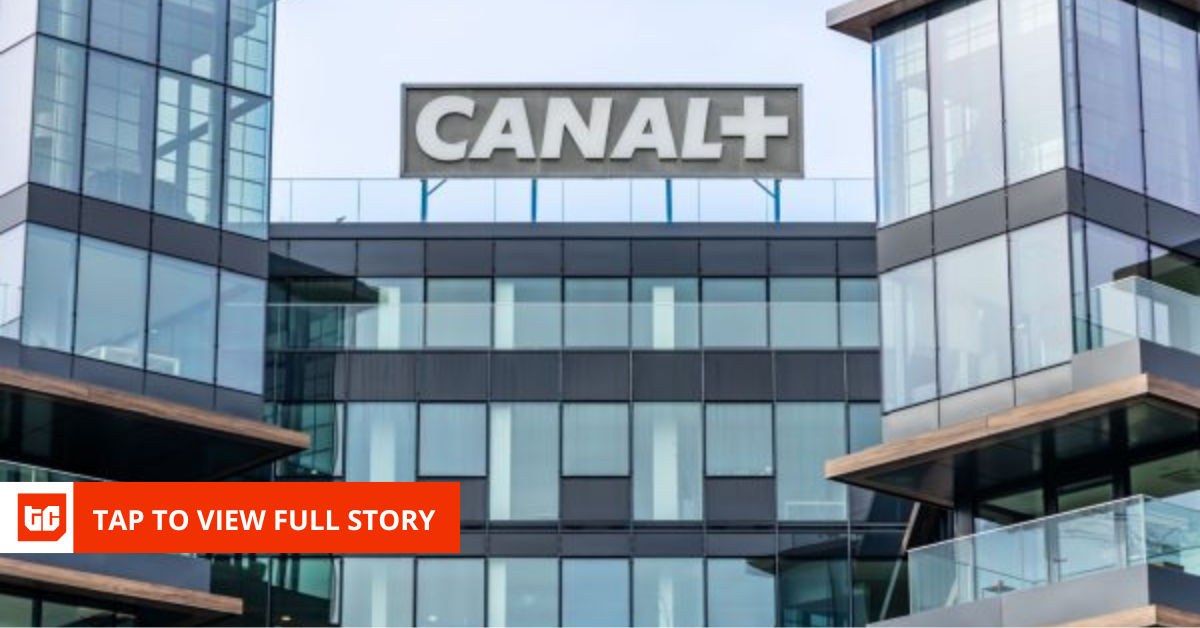Just weeks after finalising its takeover of MultiChoice, French media giant Canal+ is already shaking up South Africa’s broadcasting ecosystem, leaving suppliers and minority shareholders caught in the crossfire.
The company has reportedly demanded a blanket 20% discount on all invoices from MultiChoice’s service providers. The cut applies across the board, from office suppliers to production houses and even new contractors, in what insiders describe as a sweeping cost-reduction order from Canal+ headquarters.
While negotiations continue, payments have been temporarily frozen, according to sources quoted by Business Times.
The move follows Canal+’s full takeover of Africa’s largest pay-TV operator, now rebranded as Canal+ Africa. While the merged entity reaches over 40 million subscribers across the continent, Multichoice, over the past two financial years, faced financial losses, mounting competitive and macroeconomic pressures. It also lost 2.8 million active linear subscribers (8% year-on-year), split evenly between South Africa and the rest of Africa.
MultiChoice has 3,269 independent service providers; Many of these small and mid-sized suppliers could be hit hard by the discount demand, which threatens to unravel long-term partnerships and squeeze already thin margins.
Canal+ did not immediately respond to a request for comment.
The Competition Commission, which approved Canal+’s acquisition in May 2025, under strict public-interest conditions, has confirmed it is assessing whether the French firm’s actions breach those conditions, particularly the clauses meant to protect small businesses and historically disadvantaged suppliers.
“The Commission will investigate these allegations in terms of the Competition Act 89 of 1998, as amended, to establish whether there has been a breach of the conditions of approval of the Merger,” Siyabulela Makunga, its spokesperson, said. “ If allegations are found to be true, the Commission, in terms of the Act, recommends a requisite penalty.”
“The aggressive cost-cutting measures are not surprising,” said Peter Takaendesa, chief investment officer at Mergence, an investment management firm. “But Canal+ will face both operational and regulatory hurdles as it seeks to change long-standing payment terms and supplier relationships.”
Minority shareholders face “squeeze-out”
As suppliers brace for financial strain, minority shareholders are also feeling the pressure.
On October 24, Canal+ issued a formal Notice of Compulsory Acquisition to buy out all remaining MultiChoice shares not yet tendered during the buyout process. The move, executed under Section 124(1) of South Africa’s Companies Act, allows Canal+ to force remaining shareholders to sell, completing its 100% takeover.
Once finalised, MultiChoice will be delisted from the Johannesburg Stock Exchange (JSE) and A2X, becoming a wholly owned subsidiary of Canal+. The transaction marks Canal+’s largest-ever acquisition, giving it control over a broadcasting empire that serves 14 million customers across Africa.
During the Canal+–MultiChoice acquisition, experts raised concerns about risks to media freedom, local content creators, and consumer choice. But the fallout is now spreading beyond, affecting suppliers and shareholders.
Jamiel Carim, Partner at Africa International Advisors, a management consulting firm, said post-merger, Canal+ will need to navigate significant operational challenges, including “mismatched company cultures, incompatible tech systems, infrastructure gaps, and currency conversion risks.” Carim warned that these challenges are complex and costly to manage.








